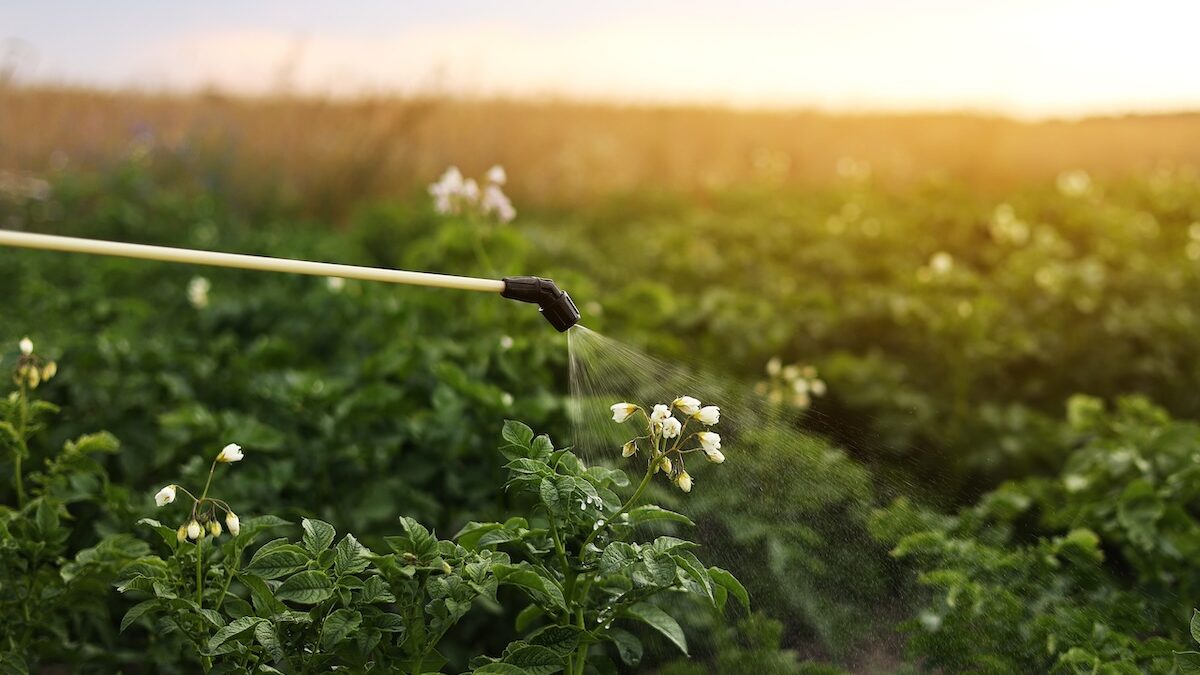A Glasgow agritech is looking to break into global food production markets after demonstrating a new ‘green’ way to tackle the impact on crops from insects.
SOLASTA Bio has developed the world’s first technology platform for creating micro-peptide based insect control agents (ICAs) inspired by nature rather than laboratory-made chemicals.
The biointectisides were unleashed in 20 field trials across the UK, Europe and the US last year – and results have shown that they matched or exceed current commercial standards.
The environmentally friendly ICAs meet a global need for new and effective crop protection, while preserving the ecosystem by protecting beneficial pollinators such as bees.
Now the company, which was spun out of the University of Glasgow, is on course to get its breakthrough concept to market in 2027/2028, in at least half the time traditionally taken by synthetic pest control products.
Shireen Davies, Co-founder and CEO, SOLASTA Bio said: “We’re really excited by these findings which bring us one step closer to delivering safe, effective micro-peptide ICAs to market. These outstanding trial results demonstrate our ICAs consistently perform on par or better than commercial standards across multiple pests, crops and territories. We are focusing now on expanding these as we ready these game changing ICAs for growers worldwide.”


Shireen Davies, Co-founder and CEO, SOLASTA Bio
The field trials targeting aphids were conducted on sugar beet, vining peas, cotton, lettuce, cucumber and melon in sites across the UK and Europe, while peptides targeting Spotted Wing Drosophila and caterpillar pests were deployed on crops on sites in Europe and the US.
During trials in Greece, the company was also able to rapidly deploy new peptides against the emerging pest problem of leafhoppers on a cotton crop site, highlighting the versatility of its technology platform. The deployed peptides demonstrated leafhopper control at levels better than commercial standard.
With the urgent need to protect pollinators and wildlife, while boosting agricultural productivity, SOLASTA Bio aims to play a leading role in the transition toward sustainable crop protection.
The global insecticides market is currently dominated by synthetic chemicals accounting for 94 per cent of insect control solutions, with a projected 2028 value of $27 billion.
While 75 per cent of food crops are dependent on pollinator insects, other insects cause enormous social, health and economic damage accounting for at least $70 billion in US crop losses alone.
However, the insecticides market is under increasing pressure from widespread insect resistance, lack of species specificity, increasing regulatory controls and consumer preferences for non-chemical residues.




